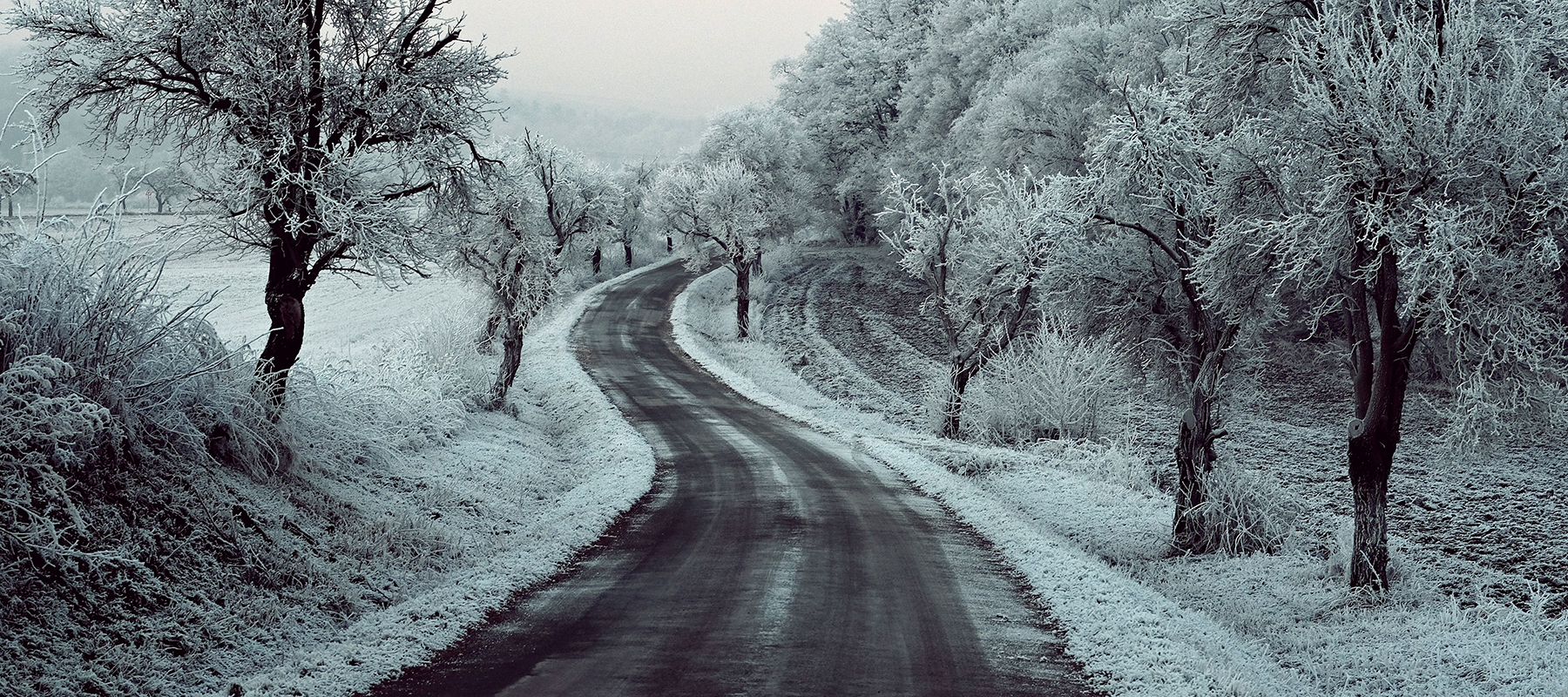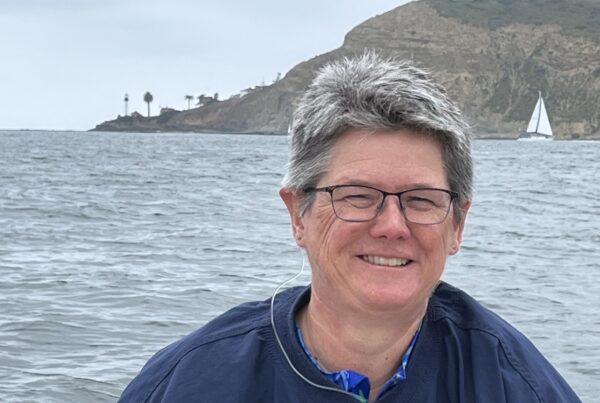T owline School, the one-room country school I attended through the fifth grade, was located one and one quarter miles from our house. There were no school buses to take us there; they were only for those going to school in town. My mom never drove, and my dad was usually busy with chores, so unless the weather was extremely nasty, we rode our bikes or walked when the snow was too deep for riding.
It was on these wintry walks on snowy days that I first learned a lesson that sticks with me to this day and that comes in handy during these uncertain times.
It worked like this: If we were walking into a cold, bitter wind, we would often turn around so that the wind was not in our face, but on our backs. (We didn’t know the term “wind chill” but we sure knew the experience!) We soon learned that we could walk a straight line walking backwards, staying on the part of the road where we needed to be, simply by watching our tracks in the snow. A straight line of tracks meant we were doing well; a curved or zigzag line meant we would soon be in the ditch. Looking at the landmarks we had passed told us our approximate location. By knowing where we had been, we could know how far we had come and where we were going. By the end of winter we had it down to a science.
Imagine my surprise when one day, years later in a seminary class on Introduction to the Bible, Dr. John Piet told us the importance of studying Scripture as an exercise of walking backward into our futures! Most of the students didn’t have a clue as to what he was talking about, but I knew instantly. He went on to say that the biblical writers were teaching us that we could know God was trustworthy in the future because we had seen his work in the past. Even though they could not see the events ahead of them, they could know if they were on the straight and narrow path by looking at their footprints and the landscapes around them.
In times of uncertainty, like the coronavirus pandemic, I try to live by this philosophy of walking backward into my future. The winds may be howling and cold and the future may be uncertain, but as long as I know where I’ve been and Who has been walking with me, I can be confident that I will reach the right destination, sight unseen. As long as I focus on God’s track record in my past, I can live with hope for the future.
Don Poest
Don Poest is a retired minister in the Reformed Church in America. He spent 38 years as pastor of Brunswick Reformed Church in Brunswick, Ohio, where he still lives with his wife Cathy. The Poests have two sons in pastoral ministry and three grandchildren nearby. A favorite activity is taking the grandkids for ice cream.



